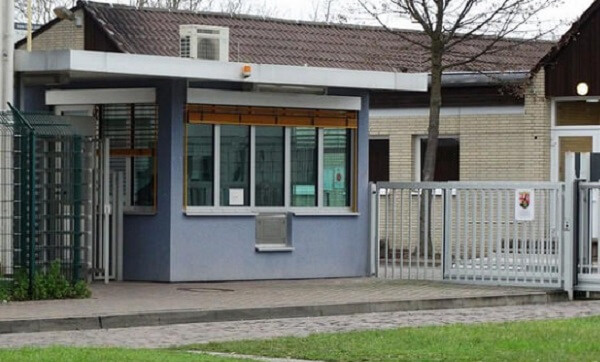Six months after their creation in August 2018, the so-called German “AnKER centres” are drawing criticism from refugee associations, NGO’s and other local actors.
The Bavarian Refugee Council recently described the AnKER centres as “camps with undignified and inhumane living conditions” with reference to asylum seekers not being allowed to cook, to work or to receive visits. Policing, security, privacy and staff violence are further critical issues in the centres, as evidenced by the deployment of 100 policemen and 60 firefighters in the AnkER centre of Bamberg which led to 12 injured on 11 December 2018. Of particular concern are the living conditions in AnKER-Dependancen that due to their isolated locations, are severely hindering freedom of movement as well as integration. Further, issues have been raised about the protection of vulnerable asylum seekers and the availability of or poor quality of German classes. Peter Neher, Director of Caritas Germany, also criticised the length of stay in AnKER centres where persons with a low recognition rate (e.g. nationals of safe countries of origin or applicants whose claims are deemed manifestly unfounded) can be held in AnKER centres for several months – if not for years.
The AnKER centres were established following the coalition agreement between the CDU/CSU and the SPD of 7 February 2018 and the “Masterplan on Migration” of 4 July 2018. While the main purpose is to centralise all activities at one location and to shorten the asylum procedure, the immediate consequence has been “a total disregard of the minimum reception conditions to which asylum seekers are entitled to”, a member of the Bavarian Refugee Council said.
The state of Bavaria currently has 7 AnKER centres while the state of Saarland and Saxony have respectively established one centre each. The state of Bavaria further counts 23 “AnKER-Dependancen”, which are “branch facilities” spread across the state and often located in small villages or in remote areas. The other German states do not seem to be interested in that new reception model. However, according to Bernd Mesovic, Head of Policy at ProAsyl, similar centres are being established across Germany, albeit under a different name. He considers these centres to be an opportunity for the government to have “a direct access and control over asylum seekers”, as a response to the 2015 migration crisis.
For further information:
- UNHCR, Recommendations on AnKER centres, June 2018
- Bavarian Refugee Council, Stop AnKER centres
Photo: (CC) Freipresse.net, March 2016
This article appeared in the ECRE Weekly Bulletin . You can subscribe to the Weekly Bulletin here.

